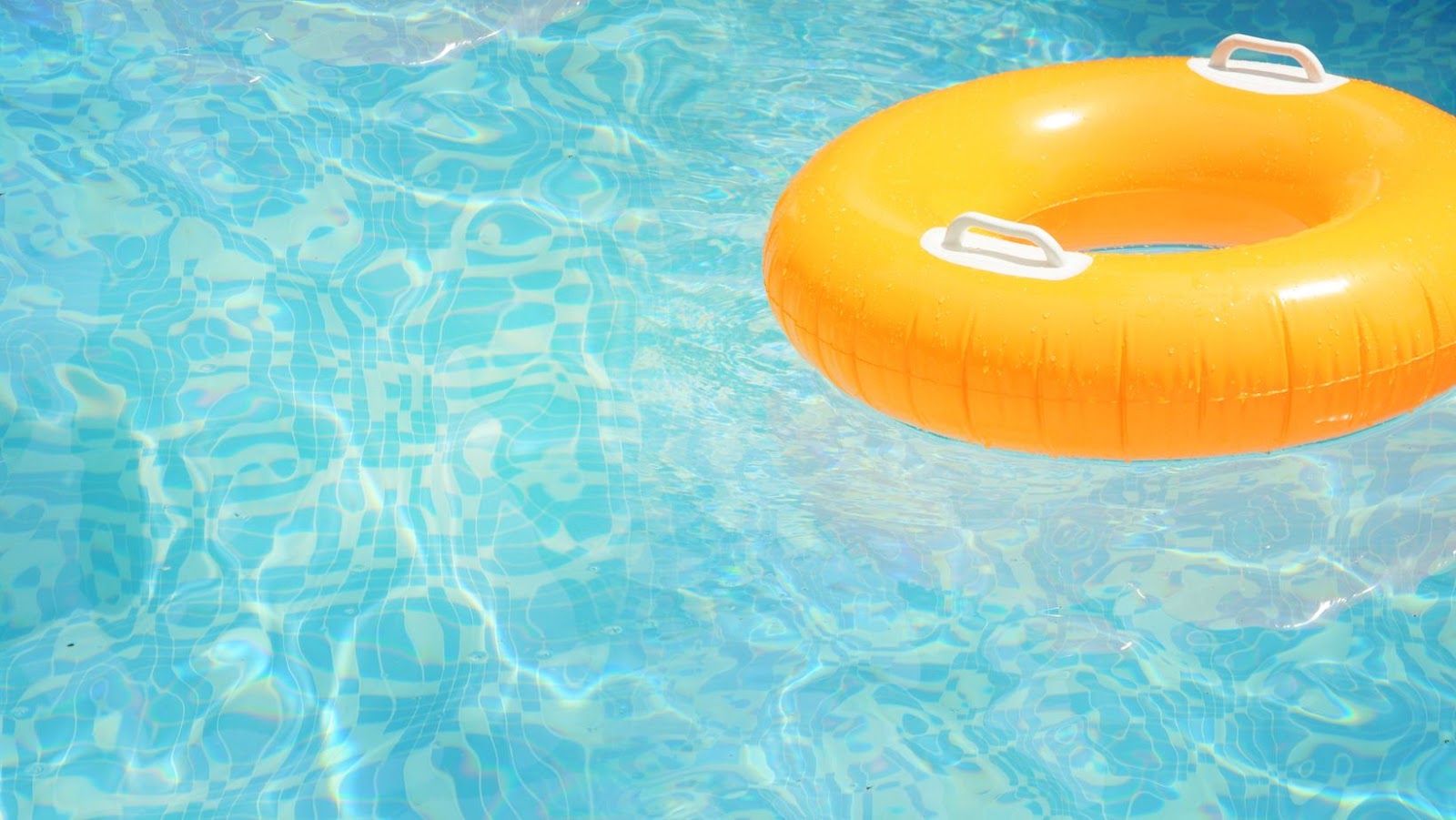
Upgrade Your Pool With The Best Pool Heater Exchanger Today!
Pool Heater Exchanger
As a pool owner, have you considered the impact of regular pool heating on the environment and your electricity bill? The solution to both of these concerns is a pool heater exchanger. This equipment is an energy-efficient and cost-effective way to heat your pool while reducing your carbon footprint.
A pool heater exchanger is a heat transfer system that uses the heat generated by your home’s boiler or solar panels to warm your swimming pool. The exchanger works by circulating pool water through a series of copper or titanium tubes, which are surrounded by hot water from the primary heating source. As the pool water passes through the tubes, it absorbs the heat from the hot water in the exchanger, making it warm and comfortable for swimming.
Using a pool heater exchanger has several benefits beyond being eco-conscious and cost-effective. By using a primary heating source, such as solar panels or a boiler, your pool can maintain a consistent temperature, even on colder days or during the off-season when the ambient air temperature is cooler. This allows you to extend your swimming season and enjoy your pool for longer periods of time. Additionally, pool heater exchangers are easy to install and require minimal maintenance, ensuring that your investment is a hassle-free and long-lasting addition to your pool system.
How a Pool Heater Exchanger Works
A pool heater exchanger uses a heat exchanger to warm up your pool’s water. Heat exchangers are devices that transfer thermal energy from one fluid to another, without the fluids coming into contact with one another. In the case of a pool heater, the heat exchanger transfers heat from a specific source, such as a gas or oil burner, to the pool water.
Here’s how a pool heater exchanger works in more detail:
- Water is pumped from your pool through a series of pipes and into the heat exchanger.
- The heat exchanger is heated by a gas or oil burner, which warms up the water inside.
- As the water heats up, it is returned back to your pool through a separate set of pipes.
The heat exchanger itself is made up of small tubes or coils, which are designed to maximise the surface area available for transferring heat. As the pool water passes through these tubes, it absorbs the thermal energy from the hot gases or oil in the burner unit, which heats up the water.
One important thing to keep in mind is that most pool heater exchangers require proper installation and maintenance to ensure maximum efficiency and safety. For example, any residues or build-up on the exchanger’s surface can reduce its ability to transfer heat or even cause damage, while improper ventilation of the burner unit can lead to carbon monoxide buildup indoors.
In summary, a pool heater exchanger is a crucial component of your pool’s heating system that helps to keep the water temperature at a comfortable level. By using a heat exchanger to transfer heat from a fuel source to the pool water, a properly installed and maintained pool heater exchanger can help you enjoy your pool more fully.

Signs That Your Pool Heater Exchanger Needs to be Replaced
As a pool owner, you rely on your pool heater exchanger to keep your pool at a comfortable temperature all season long. But over time, wear and tear can take a toll on this vital component, reducing its efficiency and even causing it to fail altogether. Here are some signs that your pool heater exchanger may need to be replaced:
- Age: Like all mechanical components, pool heater exchangers have a limited lifespan. If yours is over 10 years old, it may be time to start thinking about a replacement.
- Leaks: A leaking pool heater exchanger is a clear indication that something is amiss. If you notice water on the ground or rust stains on the heater itself, you may have a problem.
- Corrosion: Over time, pool heater exchangers can become corroded, particularly if the water chemistry is off. Look for signs of rust or other types of corrosion on the unit.
- Inefficiency: If your pool heater is suddenly less efficient than it used to be, it could be a sign that the exchanger is failing. You may notice longer heating times or higher energy bills.
- Strange Noises: Hissing, popping, or banging sounds emanating from your pool heater exchanger are never a good sign. They could be an indication of a blockage or another type of failure.
If you notice any of these signs, it’s essential to address the problem before it gets worse. A pool heater exchanger replacement can be a significant investment, but it’s much cheaper than having to replace the entire pool heating system.
